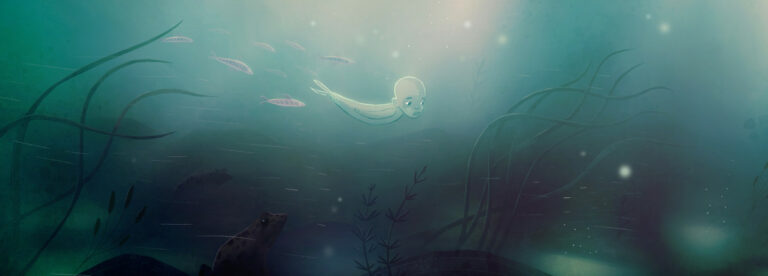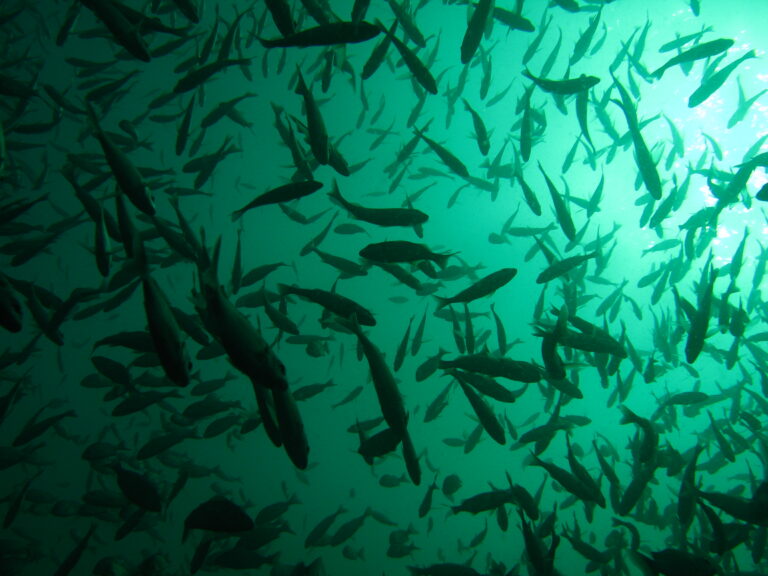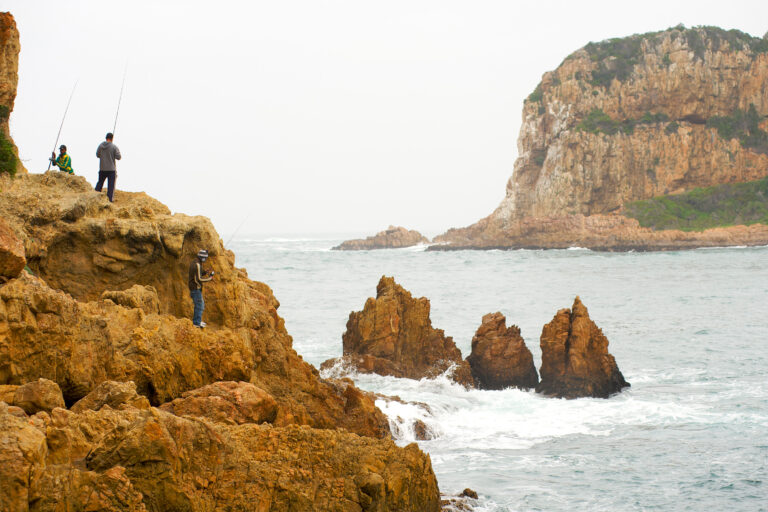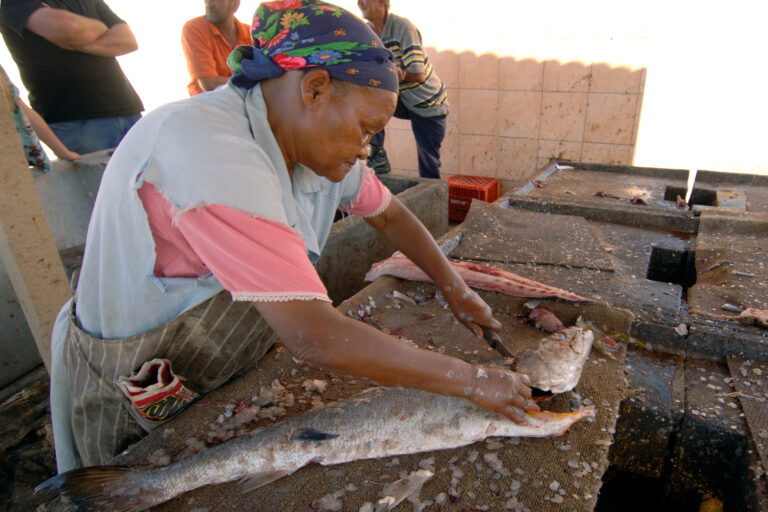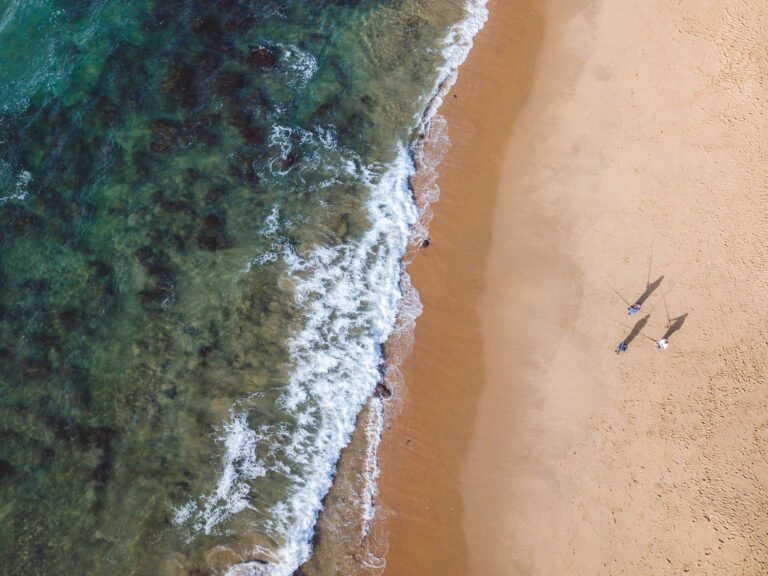Publications

Art and the Senses for Ocean Conservation
“This paper considers the role of art in ocean conservation. Drawing on the presentations and work of two artists featured in the One Ocean Hub Art and Emotions webinar hosted during the UN World Ocean Week, the paper focuses specifically on the sensorial nature of art and of human beings and the role that art […]
A fleet based surplus production model that accounts for increases in fishing power with application to two West African pelagic stocks
“Assessments of many West African fish stocks rely on fishery dependent catch and effort data. Typically, these treat the catch data as error free and some assume that fishing power does not change over time. To address these issues we develop a fleet based surplus production model that accounts for increases in fishing power. It […]
A just transition? Navigating the process of policy implementation in small-scale fisheries in South Africa
“The development and implementation of a new small-scale fisheries policy in South Africa has been a protracted and convoluted process. Following a participatory policy formulation process, founded on human-rights principles and a commitment to a community-based approach to governance, implementation planning and policy-roll-out have deviated from these foundational principles leading to thousands of fishers being left out of […]
Unmasking governance failures: The impact of COVID-19 on small-scale fishing communities in South Africa
“The COVID-19 pandemic has highlighted the pre-existing vulnerability of the small-scale fisheries sector in South Africa and exposed the structural inequalities and ongoing injustices facing this sector. The failures within the fisheries governance and management system linked to the slow pace of implementing the Small-scale Fisheries Policy of 2012, have further exacerbated their vulnerability. This paper explores the immediate impacts of […]
Challenges in the management of small-scale marine fisheries conflicts in Ghana
“Marine fisheries play important socio-economic roles in Ghana including the provision of food, livelihoods, employment, income generation and poverty reduction. Small-scale fisheries in Ghana face many management challenges such as overfished stocks, and user conflicts which can threaten resource sustainability and social stability. Previous research on conflict management in Ghanaian fisheries in 2001, gave a view […]
Assessing South Africa’s Potential to Address Climate Change Impacts and Adaptation in the Fisheries Sector
“The marine fisheries sector is one of the most important income sectors in South Africa and plays an important role in food security for small-scale and subsistence fishers. Climate-driven impacts have resulted in distribution shifts and declines in abundance of important fisheries targets, with negative consequences to the users dependent on these resources. The sustainability […]
Ecological considerations for marine spatial management in deep-water Tanzania
“The United Republic of Tanzania has jurisdiction over a large marine area (223,000 km2) of which over 92% is deeper than 200 m. These deep areas extend from, in most cases <10 km from shore, have connections to shallow and coastal marine habitats through oceanographic processes, and support important living and non-living resources, which are becoming increasingly exploited to support […]
The Relevance of the Human Right to Science…
“The Relevance of the Human Right to Science for the Conservation and Sustainable Use of Marine Biodiversity of Areas Beyond National Jurisdiction: A New Legally Binding Instrument to Support Co-production of Ocean Knowledge across Scales” in V De Lucia, L Nguyen and A Oude Elferink (eds), International Law and Marine Areas beyond National Jurisdiction: Current […]
Including the Khoisan for a more inclusive Blue Economy in South Africa
“This article proposes that including the Khoisan will produce a more inclusive Blue Economy in South Africa. Presently, economistic perspectives of the ocean, low regard for knowledge pluralism and historical stereotyping of Khoisan peoples, risk their further exclusion from ocean management in South Africa. Drawing on secondary data on Khoisan history and ethnography in South […]
